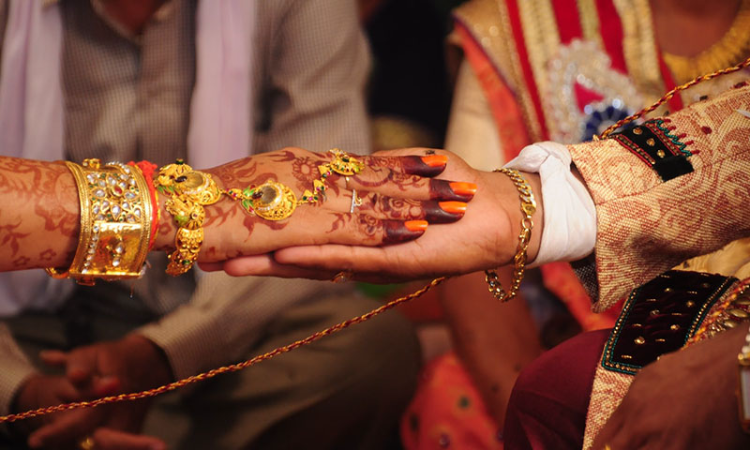Inter-Caste Marriage- Girl Isn't A Cattle But A Living Independent Soul Having Rights; Can Exercise Her Discretion As Per Her Wishes: HP High Court
Sparsh Upadhyay
23 Feb 2021 2:14 PM IST

"In India, a female was always considered not only equal but on a higher pedestal than male since the Vedic Era, except for evils of the Medieval Period, which are necessary to be eradicated in the present era": Himachal Pradesh High Court
Next Story


